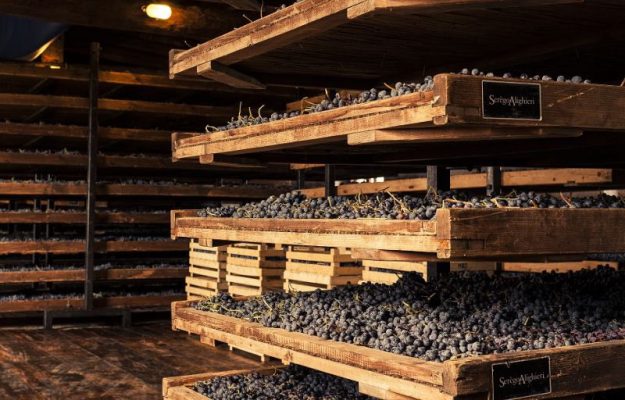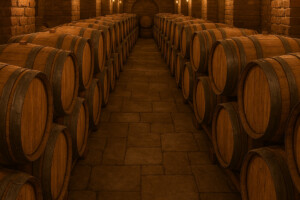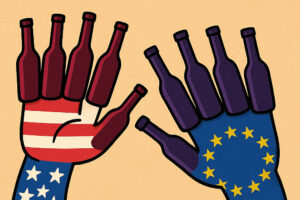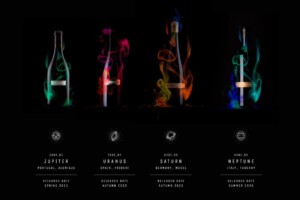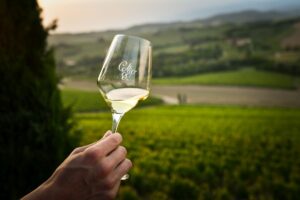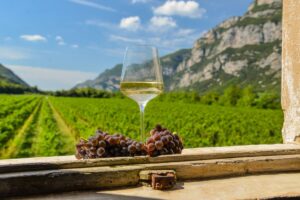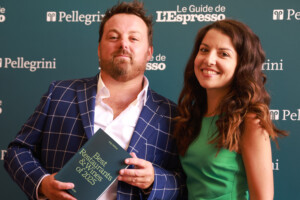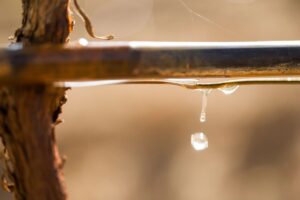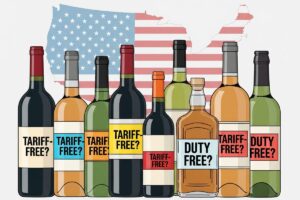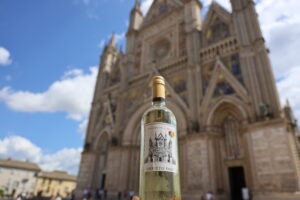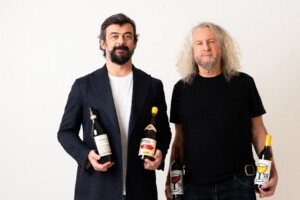The “Amarone Opera Prima 2023” event sent a very important message regarding the first result of the candidacy to Unesco Intangible Heritage of the Valpolicella grape drying technique. The territory is teaming up and reflecting on an inclusive technique that each generation renews. The grape drying technique is the glue between the inhabitants of Valpolicella and Amarone and represents the "liquid identity" to this community. These are the real motives of the candidacy to UNESCO Intangible Heritage. The completion of the candidacy dossier was announced at “Amarone Opera Prima 2023”, the two-day event (February 4-5, in Verona), organized by the Consorzio di Tutela dei Vini di Valpolicella, to celebrate the 2018 vintage of the iconic red Veronese wine.
“The dossier demonstrates that the technique is a reflection of the social, political and economic history of this area and its evolution. The profound cultural and identity roots define the rural architecture of Valpolicella. and the know-how that has identified this community for over 1500 years”, explained Pier Luigi Petrillo, coordinator of the Scientific Committee, Professor and Director of the UNESCO Chair on Intangible Cultural Heritage at the Unitelma Sapienza University in Rome. “It is a very long process, divided into six phases, and the outcomes are not always certain”, he warned, “however, beginning the process is fundamental, because it is the phase in which the main players in the territory become aware of the value of the candidate practice. Recognition is not necessary for Amarone, but it is for the people and the winegrowers, who are the guardians of the territory. We need this tradition to be handed down to the next generations”.
Amarone, therefore, becomes a “liquid identity” for the community that looks after “the spargoli” (grape bunches, ed.) as if they were babies”, Elisabetta Moro, full professor of Cultural Anthropology at the Suor Orsola Benincasa University in Naples and President of the Committee of the Unesco Chair in Comparative Law & Intangible Cultural Heritage of the Unitelma Sapienza University of Rome, explained using this wonderful image, “while preparing the dossier, we had the opportunity to read old notebooks in which rules and skills were noted to dry the grapes in the best possible way. True testaments of know-how”. The Unesco recognition was extended to intangible heritage in 2003, and thereby the United Nations Organization triggered cultural fermentations because it solicits reflections and gives stimuli to look at practices in a new way. “In this framework”, Professor Elisabetta Moro continued, “terms must also be rethought; for instance, calling the places where the grapes are set aside no longer fruit lofts, but residences, and embellishing these spaces. The candidacy is, above all, a cultural challenge to preserve past history, but also the future. It must get the community moving and make it the star of its own story, by involving young people”. And, digital tools are now available to bring back and create memories. “The emotional diaries are the sacred book of the community and whichever way the candidacy goes”, Elisabetta Moro concluded, “the community will be richer”.
“Completing the dossier is a goal that has been achieved by great teamwork”, Christian Marchesini, president of the Consortium for the protection of Valpolicella wines, emphasized, “which makes enhancing Valpolicella and its vocation for excellence a common factor. It is a unity of purpose and vision that has also found the support of institutions, starting with the Veneto Region and its president, Luca Zaia. Now, we trust that the Ministries appointed to decide on the presentation of the candidacy will be able to recognize the anthropological and social value of this technique”.
The completion of the official dossier followed the four “calls to action” promoted by the Organizing Committee (Consorzio Vini Valpolicella in the role of coordinator, Sovereign Noble Order of Amarone and Recioto, Council of the Palio of Recioto and Amarone, Associazione Strade della Vite and Valpolicella wine) in 2022. The document will now be sent to the Ministry of Culture, to the Ministry of Agriculture and to the National Commission for Unesco, the inter-Ministerial body, coordinated by the Ministry of Foreign Affairs, which will have the task of choosing, by March 30th, the sole Italian application — among the 40 submitted — to be sent to Paris for evaluation.
During the talk show at “Amarone Opera Prima 2023”, the institutions showed unanimous support for the candidacy, starting with the video message by Adolfo Urso, Minister of Enterprise and Made in Italy. The Ministry of Agriculture, Food Sovereignty and Forestry, also showed full support through Undersecretary Patrizio Giacomo La Pietra, who emphasized the Government's willingness to support and enhance Italian excellence, as well as to decide how to produce and how to feed ourselves. He then reiterated the central role of the Protection Consortiums also in promotion, on which there are important resources, and the will to push supply chain contracts. Further, regarding politics in Europe, he reiterated the need for the strong line adopted by Minister Lollobrigida against drifts such as the Nutriscore or the recent decisions of Ireland on reporting the dangers of alcohol on wine labels. “We will fight against this attack”, he said and added, half-jokingly, “we could quote a wise old saying on the label, “il vino fa buon sangue” (a glass of wine a day keeps the doctor away)”.
“Wine is culture and we Italians must defend it from commercial attacks”, Gianmarco Mazzi, Undersecretary of the Ministry of Culture, with Unesco delegation, agreed, “which often hide behind measures linked to the protection of health. This candidacy carries a very interesting element within it, the value of time, which very often is forgotten in industrial agri-food production”.
“We promote this candidacy, which can sublimate an iconic product, such as Amarone della Valpolicella” , Luca Zaia, president of the Veneto Region, which, as he recalled, in 2003 decreed DOCG to Amarone and Recioto, said, “if I were asked, like Cornelia, mother of the Gracchi, to show my jewels, I would show Amarone, Prosecco, Asiago and many other of the excellences in the region. The Veneto Region has overcome the “sense of agricultural inferiority”, as our numbers and the vitality of our agri-food system, especially the vine-wine system have demonstrated. Behind the data, there is an agriculture of identity, agriculture that now in northern Europe, which opposes us, no longer exists. Our farmers are the first consumers of what they produce, so we have food security in our DNA”.
There are 2.271companies that produce Valpolicella, generating a turnover linked to wine of over 600 million euros, and more than half is linked to Amarone, while 350 companies are run by young people under 40 years of age. “This gives an idea of how important this candidacy is to involve them”, Damiano Tommasi, mayor of Verona, which, at 1.500 hectares is the municipality with the most vineyards in Italy, said, “now, the challenge is to bring the candidacy outside the territory, from Veneto and from Italy, to reach the goal, and who better than young people can contribute to this by using the right language towards their peers”.
Copyright © 2000/2025
Contatti: info@winenews.it
Seguici anche su Twitter: @WineNewsIt
Seguici anche su Facebook: @winenewsit
Questo articolo è tratto dall'archivio di WineNews - Tutti i diritti riservati - Copyright © 2000/2025










